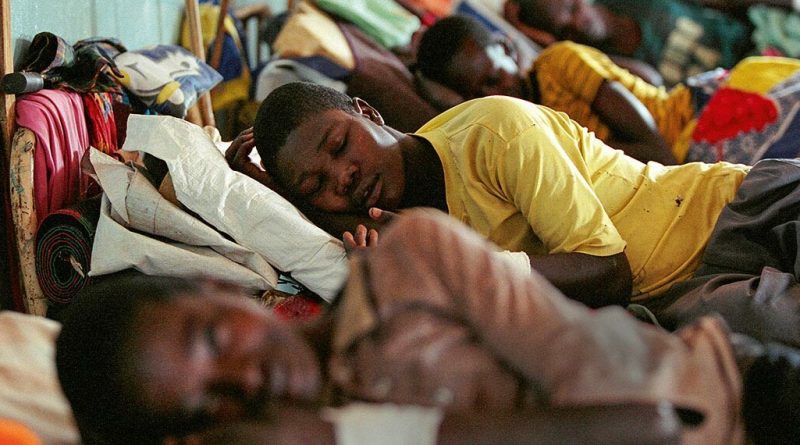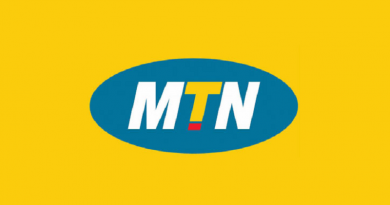Urgent response needed to tackle worsening diphtheria outbreak in Nigeria
MSF implores the international community to immediately scale up support to improve treatment, preventive measures, and contact tracing to control the outbreak. A diphtheria outbreak is raging through Nigeria and neighboring countries, necessitating an urgent increase in access to medicines and vaccination.
Nigeria is experiencing a severe diphtheria outbreak that has killed hundreds of additional people and sickened others.
Médecins Sans Frontières (MSF) exhorts the international community to immediately scale up support to improve treatment, preventive measures, and contact tracing in order to control the outbreak’s spread due to low national vaccination coverage and a global shortage of lifesaving antitoxin that threatens to worsen the outbreak.
A diphtheria outbreak is sweeping through Nigeria and neighboring countries, necessitating an immediate increase in access to medicines and vaccination; MSF urges the international community to immediately increase support to improve treatment, preventive measures, and contact tracing in order to control the outbreak.
A major diphtheria outbreak has ravaged Nigeria, infecting thousands of people and killing hundreds more.
With low national vaccination coverage and a worldwide shortage of lifesaving antitoxin threatening to exacerbate the outbreak, Médecins Sans Frontières (MSF) urges the international community to immediately scale up support to improve treatment, preventive measures, and contact tracing in order to control the outbreak’s spread.
“On a weekly basis, we see over 700 people with suspected diphtheria and admit over 280 patients in Kano state’s two diphtheria treatment centers,” says Dr Hashim Juma Omar, an MSF emergency medical practitioner in Nigeria.
“Women and children under the age of five are the most vulnerable groups and the people most affected in Kano state right now.” And they are in desperate need of assistance.
Diphtheria is a highly contagious and sometimes fatal bacterial disease that can manifest as respiratory or skin symptoms. Without treatment, it can kill half of those infected; even with treatment, the disease kills 5% of patients.
On 20 January 2023, Nigeria’s Centre for Disease Control declared an outbreak of the disease; approximately 6,000 confirmed cases were registered between May 2022 and early September 2023. Around 4,000 suspected cases were documented in the country in August 2023 alone, with Kano state accounting for more than three-quarters of them.
Our staff are reacting to the outbreak in the states of Kano, Borno, and Bauchi. Responding to the outbreak, however, has proven difficult due to a worldwide shortage of lifesaving diphtheria antitoxin needed in therapy, which has been exacerbated by declining production capacity.
“While we provided 2,000 doses of diphtheria antitoxin last month in Kano, securing doses of the antitoxin has been one of the biggest challenges in this crisis,” adds Dr. Omar. “We have placed an urgent additional order of 5,000 doses to meet the needs of our projects, but it is still insufficient.”
In view of these issues, further efforts in Nigeria to limit disease transmission and boost outbreak preparation and response are critical. This includes immunization; a low vaccination rate is at the root of the outbreak, with only 70% of youngsters having gotten their first dose of the diphtheria-tetanus-pertussis vaccine.
Because of the drop in immunization, there are expected to be 25 million un- or under-vaccinated children in Nigeria by 2021. However, vaccination funding and implementation costs continue to be a hurdle to scaling up; Kano State alone requires millions of doses to target at-risk populations.
We urge foreign organizations to swiftly scale up improved surveillance and contact tracing, as well as efforts to bolster the local health system, in addition to urgent antitoxin and immunization needs.
We have opened a 20-bed diphtheria treatment facility to our paediatric hospital in Gwange III PHC in Maiduguri, Borno state, where our workers have treated over 110 people since January. Since January, our clinicians in Kano state have seen 6,707 persons with suspected or confirmed instances of the disease, operating in treatment centers with a total bed capacity of 147.
We are following the situation in Bauchi state, where we have already treated 21 instances of diphtheria during our routine medical efforts in Ganjuwa, and are preparing to begin diphtheria-specific activities based on the needs.
In neighboring nations, our staff are also reacting to diphtheria. We began assisting the Ministry of Health in Guinea in mid-August, where we work in an epidemic disease treatment center in Siguiri prefecture. Since the beginning of our operations, more than 100 persons have been admitted.
In early September, our teams worked with the Ministry of Health in Niger to launch the first phase of a preventive immunization campaign in Kantché and Amsoudou health regions, vaccinating almost 48,500 people. In early October, a second round of immunizations will be administered. The number of probable cases in other countries in the region emphasizes the importance of expanding access to antitoxin medications and immunization campaigns.




